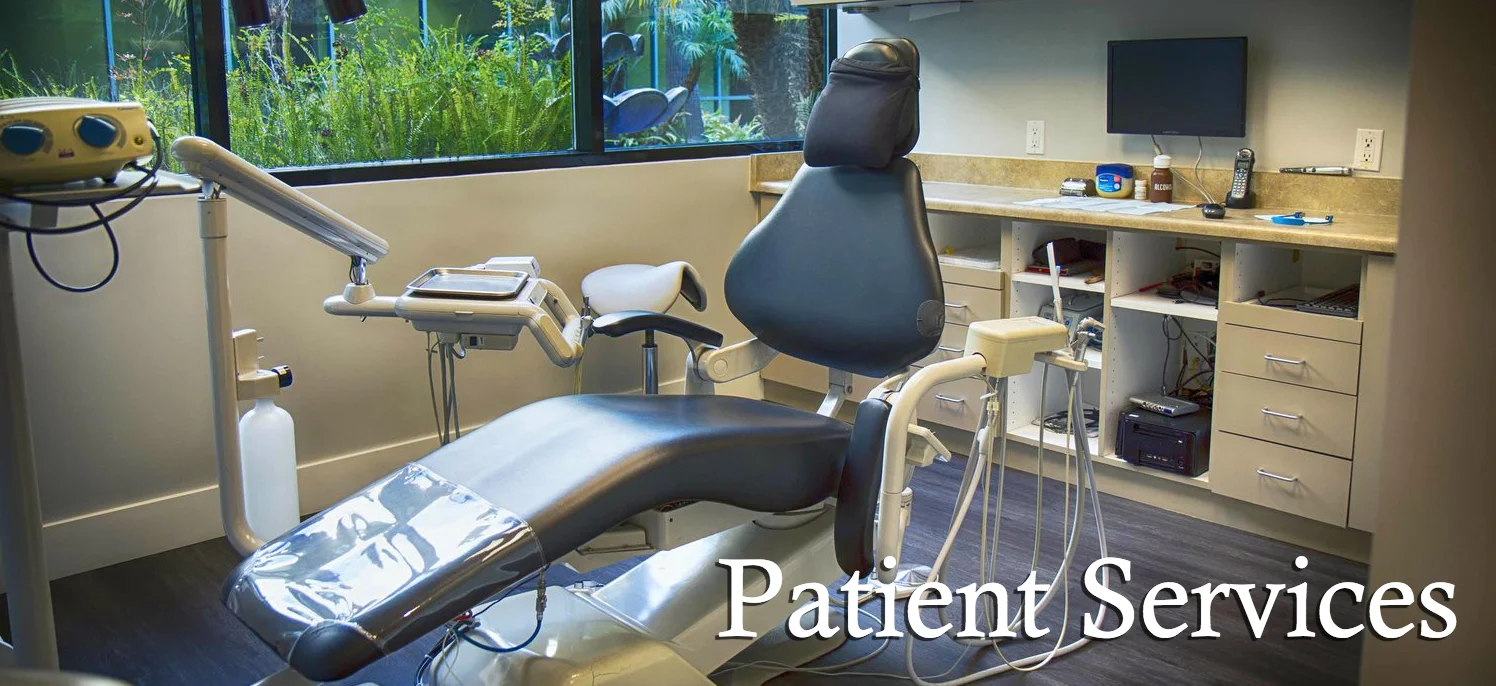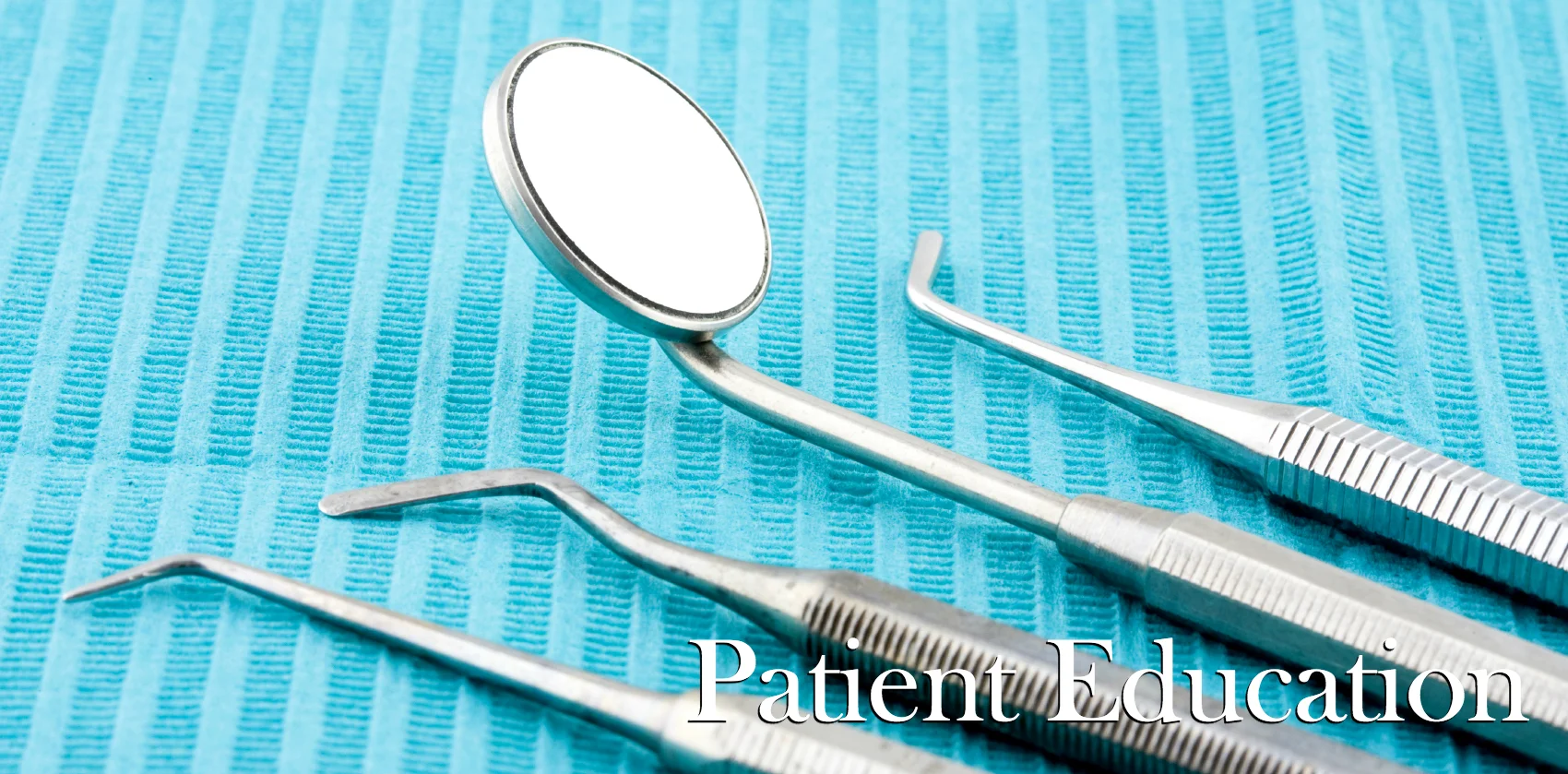At Thousand Oaks Family Dentistry, we are proud of the network of skilled dental specialists we have created. Whether you are in our office or one of our associates’ offices, know that you will be treated with respect, kindness and experience. Today, we would like to highlight Dr. Jonathan Lee at Thousand Oaks Endodontics.
Endodontics is the subspecialty of dentistry focused on treating infections and injuries to the nerve of the tooth by performing root canals. here, the tooth nerve is removed and replaced with a resilient filling material called gutta percha. Endodontist may also perform surgical procedures to patch tooth roots or splint teeth after an injury. In his state of the art office, Dr. Lee performs all these procedures (and more!) with compassion and the highest levels of expertise.
A Conejo Valley native, Dr. Lee completed dental school at USC and his residency at Temple University in Pittsburgh. If you would like to know more about Dr. Lee's office, root canals or why you are being referred to see a specialist, please give our office a call!
Website: http://www.thousandoaksendodontics.com/
Phone number: 805 370 0110





















